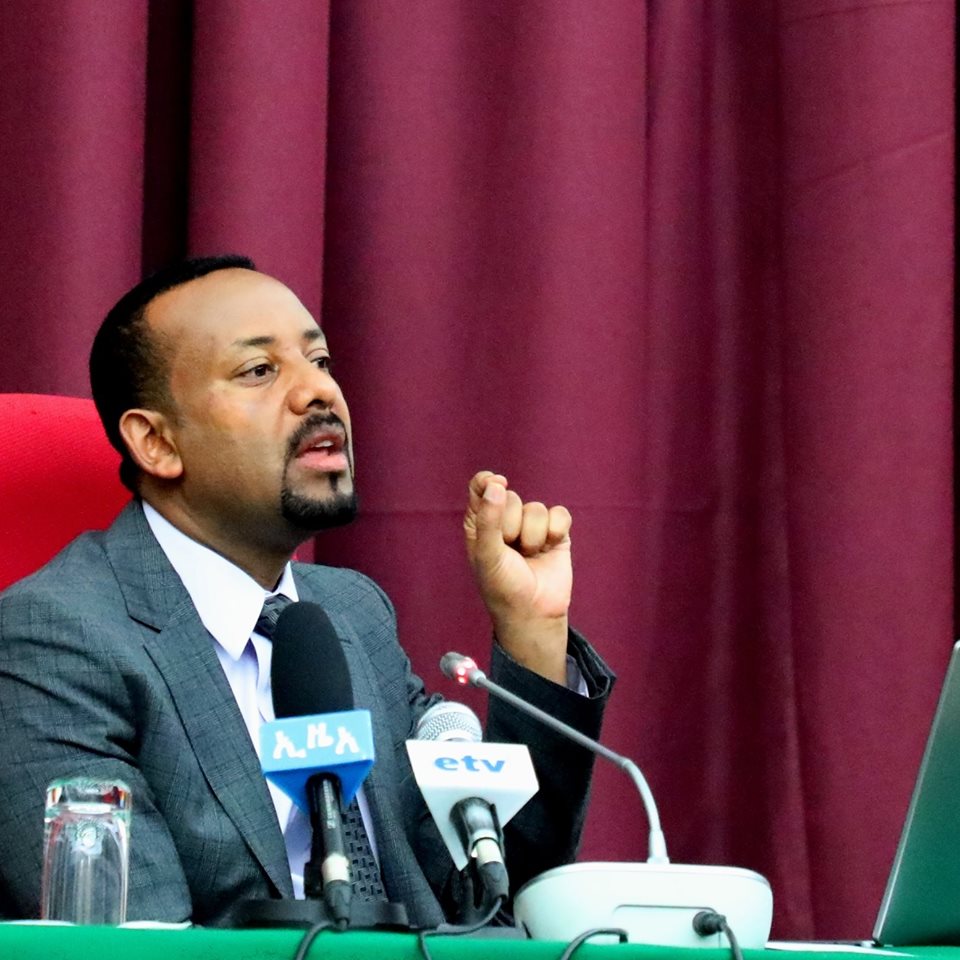
ADDIS ABABA, Ethiopia — Celebrating their dramatic diplomatic thaw, the leaders of Ethiopia and Eritrea on Tuesday marked the Ethiopian new year at a border where a bloody war and ensuing tensions had divided them for decades.
Ethiopia’s reformist new Prime Minister Abiy Ahmed and longtime Eritrean President Isaias Afwerki were visiting the Bure Front along with members of their militaries, Abiy’s chief of staff Fitsum Arega said in a Twitter post.
Photos posted by Arega showed Abiy in camouflage and sunglasses walking alongside Isaias in olive drab.
The former bitter rivals have made a dramatic reconciliation since Abiy weeks after taking office in April announced that Ethiopia would fully embrace a peace deal that ended a 1998-2000 border war. At the time, he announced that the countries would celebrate the Ethiopian new year together: “We want our brothers and sisters to come here and visit us as soon as possible.”
Embassies have reopened, telephone lines have been restored and commercial flights between the capitals have resumed. Landlocked Ethiopia, one of Africa’s fastest-growing economies, and Eritrea, one of the world’s most closed-off nations, also plan development co-operation around Eritrea’s Red Sea ports in particular.
The border, however, has yet to open to everyday traffic though reports on social media on Monday indicated that mine-clearing activities were underway in one area.
Abiy on Monday told a new year’s eve concert crowd of thousands in the capital, Addis Ababa, that “as of today, Ethiopian and Eritrean people will prosper together and march in unison. … The last five months have brought hope and reconciliation.”
The Ethiopian new year has roots in the Ethiopian Orthodox Church and is related to the Julian calendar. Eritrea has used the Gregorian calendar since it gained independence from Ethiopia in 1993.
The reconciliation between Ethiopia and Eritrea has been warmly welcomed by the international community and has led to a series of further thaws in the fragile Horn of Africa region, with Eritrea resuming diplomatic ties with both turbulent Somalia and the small but strategic port and military nation of Djibouti.